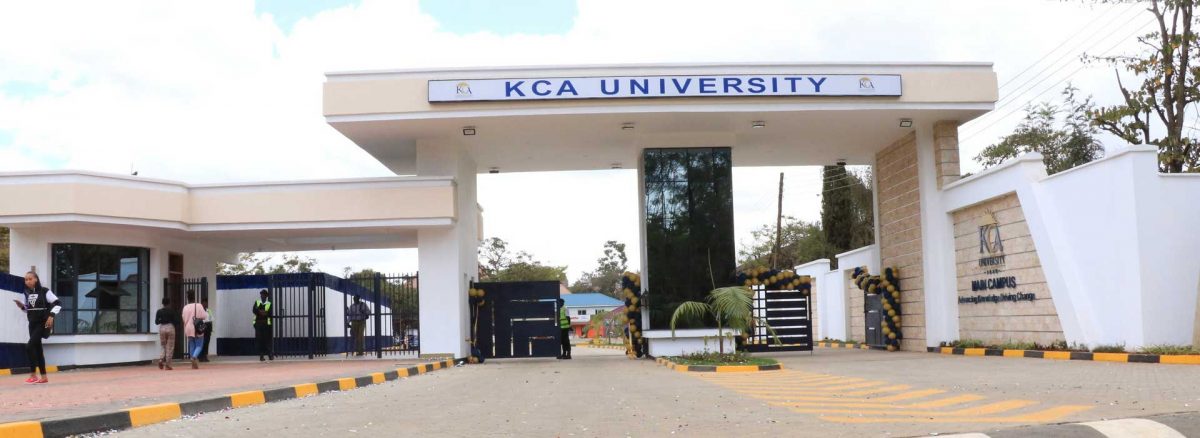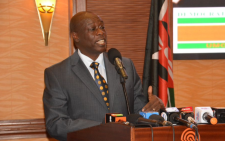KCA in court over Sh2.1b student funds

As universities in the country continue to grapple with a serious financial crisis following continuous decline in government funding despite huge enrollments and increased administration costs, KCA university is now demanding Sh 2.1 billion from government as students’ funding money not remitted to the institution in the last nine years.
The university vice chancellor and CEO Isaiah Wakindiki told journalists that most universities have been financially crippled by delayed remittance of students’ capitation by the funding board.
He noted that while Kenya Universities and Colleges Central Placement Service (KUCCPS) has been placing students in various private and public universities with a hope that the government will fund them to the tune of 80 percent of the total fees, poor remittances by the government has been triggering crisis in most institutions.
Even the percentage of funding per student, he noted, has since reduced to less than 30 percent of the total fees leaving a huge burden on the shoulders of parents who are now expected to foot the bills.
“What the government was doing by the way was placing students in private and public universities and not funding them as many people think. The agency that places students in universities has no money, it just sends students with a promise from somewhere else, the funding board that we are going to pay 80 percent of your fees so you can charge the 20 percent. The government has been crediting the money in bits and before the year ends, you find a lot of the funds remain undisbursed to the universities. We are often forced to write demand letters but nothing has been forthcoming,” said Wakindiki.
Speaking during the launch of a Sh15 million education kitty set to help needy learners complete their education at the institution, Prof Wakindiki said the burden that private universities had waiting for government funding on government sponsored students was immense.
He however lauded the move by the government to stop funding students in private universities saying it has reduced the burden that the institutions would suffer waiting for the funds to no avail.
“We thank whoever came up with that policy. There was a cohort here that was really a bother. At least if you are admitted at a private university, we are sure you have to foot your fees. In fact, at the moment, we are doing well and are planning to expand our infrastructure due to the demand of students,” he said. Last year, the government announced that it will no longer fund students in private universities.










